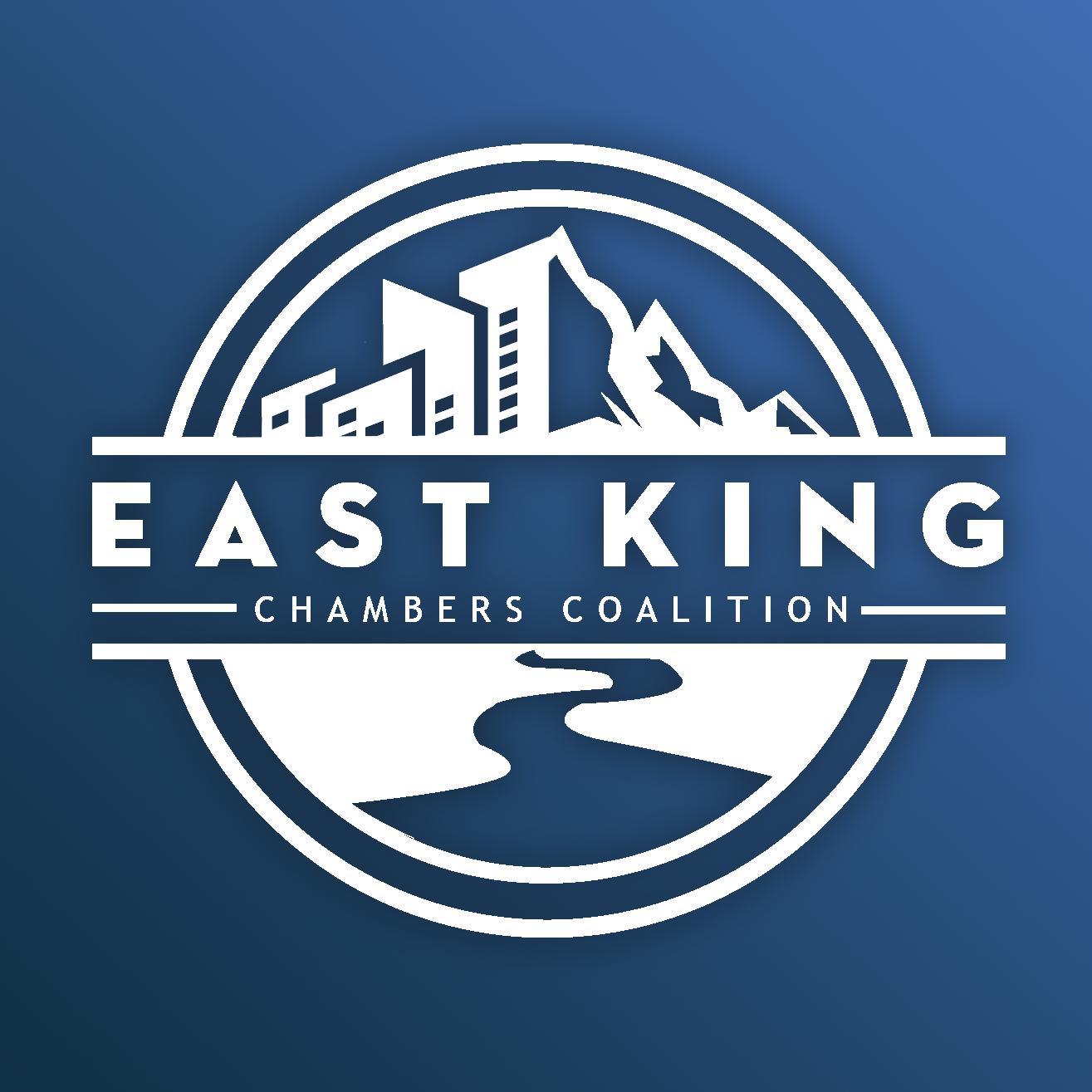
East King Chambers of Commerce Coalition members representing 11 Eastside Chambers met with state legislators this past week for its annual Legislative Wrap-Up, giving the local representatives a chance to debrief and discuss actions taken during the recent session.
Held at the Hilton Garden Inn in Redmond and sponsored by Amazon, the 2022 Wrap-Up panel was moderated by Issaquah City Council’s Russell Joe and AT&T’s Carl Gipson, and featured seven representatives and senators. Panelists were broken up into two groups – Budget & Economy and Housing & Quality of Life – and each answered a few questions reflecting on the past legislative session. Read their answers below.
Budget & Economy Panel: Sen. Frockt, Rep. Senn, Rep. Springer, Sen. Mullet
Sen. David Frockt
Q: In the last 5 years, the state budget has grown 50 percent; in the five years prior, it grew 29 percent. Is this new rate of government growth sustainable? If so, how do you plan to achieve it?
A: “If we think about when I came into the legislature during the middle of the Great Recession in 2010, revenues had fallen off and we were on a trajectory down. Part of the reason were some structural things – we had a political problem in my view. The legislature was hamstrung because of the two-third rule on tax raising, which was challenged to be unconstitutional and was eventually ruled unconstitutional. But, that had a dramatic effect on our ability to respond, and that’s part of the reason I think we did respond so vigorously …
Taking the long picture of where we are on our interstate budget, even though we have increased our spending dramatically, I think the budget’s probably almost doubled since 2010. When I came in, our state population was a million, so we have a lot more people in the state that need services … [But] going forward, I don’t think that 50 percent growth is going to be sustainable. I think it’s clearly going to go in the other direction – we are already seeing some slowdown and real estate excise collections because of higher interest rates. I don’t think it is sustainable, but right now the economy is cooking and even if we are going into recession, my sense is that it may be mild.”
Rep. Tana Senn
Q: The capital gains income tax was struck down in superior court but is expected to make it to the Washington Supreme Court. How do you expect the court to rule? If the tax is upheld, what other taxes does that make possible in Washington? If the tax is struck down, what is the next step for those pushing for state income tax?
A: “I’m sure all of you are very aware that Washington State was one of just about seven or nine states without a capital gains tax, and we passed that last year with it dedicated to being used to fund childcare, early learning and education. In Washington state one of the really important factors is where does our revenue come from, and it is a very regressive tax system that we have currently in place, so one of the advantages of the capital gains tax, in addition to bringing in additional revenue for really important things like education and early learning, is that it’s helping to balance our tax code so not quite as much of our revenue is coming from low income families through sales tax or small businesses through B&O tax. Rather, then we are having those who can afford to pay be able to pay into our revenue.
It was struck down in a very conservative court, and so people don’t necessarily think that that is an indicator of what the Supreme Court will do, but it is definitely going to be challenged … People are realizing that we have to rely on childcare workers and grocery store workers and nurses and teachers and drivers and people who are not making a high income, so those people are not going to pay the capital gains tax.”
Rep. Larry Springer
Q: Much of the prosperity in our region has been driven by the explosive growth in high paying tech employment. As more tech firms announce their intentions to slow hiring or pause their development projects, what impact do you expect those decisions will have on our economy and our state budget?
A: “Anytime a sector as important as the tech sector is here, and particularly here on the Eastside, slows down, we will feel that impact and less revenue. And, we will simply have to deal with that – these are cycles that go on all the time. I’ve been in Olympia for 18 years, and I’ve been through at least three ups and downs. So, it happens and we’re prepared for that.
One of the elements, though, is as projects slow down or get put on hold, some of the more serious impacts are to local governments in the form of property tax, local B&O tax if there is one, and so the state needs to be cognizant of the impact of a slowdown like that, perhaps less so on the state than it is actually on city and county governments.”
Sen. Mark Mullet
Q: The legislature delayed implementation of the long-term care act until July 1 of next year. What actions do you expect will be taken between now and then? Is there a chance the program will be repealed? How do you make significant changes to the program, like protecting out of state workers and those near retirement, without making the program functionally insolvent?
A: “When it did get delayed, I was a big advocate of the delay because I thought we needed to buy ourselves some time to come up with some other options. I think the elections are going to determine [a lot], and I don’t think anyone’s trying to predict what’s going to happen in the next session until we see the election results to see if there is a shift that occurs in terms of majority advantage in the current legislature …
I found it hard to come up with a solution that really works. I personally opted out and did my own plan, and for me, that math worked out better than doing the state plan. [However] I do think the state could have a role like we do with the health care exchange, where we make it really clear that here’s some standardized plans, and we might provide subsidies for people with certain income levels to buy into those plans, because there is clearly a long term care problem in the state and I think that would be a middle ground solution.
But whether we choose to go down that path, or whether we chose to kind of keep the program primarily intact, is too hard to predict right now until we see the primary results in a couple weeks.”
Housing & Quality of Life Panel
Rep. Amy Walen
Q: The omnibus middle housing bill failed to advance last session. What interests were particularly responsible for its failure? What strategies are legislators bringing forward to overcome them in the next session?
A: “Housing is the number one thing on my list that I want to get done in the legislature for many reasons, one of which is sitting in the audience right now. My daughter has moved here and has been looking for housing, and it’s extremely challenging for a young person to come to our incredible area that we live in …
The omnibus bill … that’s a really challenging topic to take on in a 60 day session. And we had a pretty new legislator running a huge bill like this and without a lot of stakeholder work. So, this is a thing that’s going to take all of us, it’s going to take businesses, it is going to take nonprofits, it’s going to take cities, it’s going to take advocates. [It is going to take] people that care about providing homes for people who are new, but also homes for people who want to live here and can’t afford to age here.
A lot of the time when we think about getting rid of single family zoning, rather than talking about it that way we should say we’d like to create a sort of opportunity for accessory dwelling units or infill developments in our neighborhoods. Or, density along transit or density in strip mall type situations where there’s already transit and services … So the strategies are, we’re working harder, and we’re coming together and we’re doing that stakeholder work.”
Rep. Vandana Slatter
Q: Over the last several sessions, the legislature has made significant investments in computer science and four year degrees. Has the legislature made commensurate investments in skilled trades and other non-Baccalaureate occupations or plan to do so?
A: “It’s interesting – I just came from a tour of the Stryker facility, and we talked about apprenticeships there because it’s manufacturing, it’s technical, it’s engineering, it is using all of these different tools, and they are great jobs. We have that in our region, and we need to give the opportunity for more and more students to be able to access those jobs.
We are actually 10 points below the rest of the nation when it comes to achieving a post secondary credential by the age of 26, so we definitely need to rethink how we can give our students an opportunity not only to go to university and get a four year degree, but also be able to have access to apprenticeships and to be able to get experience and work in different different fields. When I went to school, there was no such thing as logistical planning as a degree. We have to evolve and deliver.”
Rep. Davina Duerr
Q: Some cities in the region are embracing growth and recognizing their responsibility to zone for greater workforce residential development. Other cities have taken a more reserved approach and have, in many cases, put roadblocks in the way of residential development. What can the state do to encourage or force cities to take their fair share of growth?
A: “There’s certainly great examples of cities that are taking growth: Redmond, Kenwood, Kirkland. But there are also those cities that come to me and say ‘We’re built out.’ And my response is, ‘Well, you’re not built up.’ We cannot afford to endlessly sprawl, it’s inefficient, it’s a cost burden, and it creates more traffic … Furthermore, which side of Bellevue should be paved over? It just doesn’t make sense, and so we have to build up.
One example is my Bill 29, which failed to pass in the last two hours of session. What we do is we would require cities to add climate change as a consideration in their planning, but what we also do is give them a menu of options from which to choose so that they are not mandated how they accomplish their goals, but given ideas and ways to do that depending on their particular circumstances …
Another option is the state can help pass model codes that cities can adopt because they don’t have the staffing to create the codes, and if they adopt these model codes, then they can perhaps have some sort of safe harbor from litigation.”












